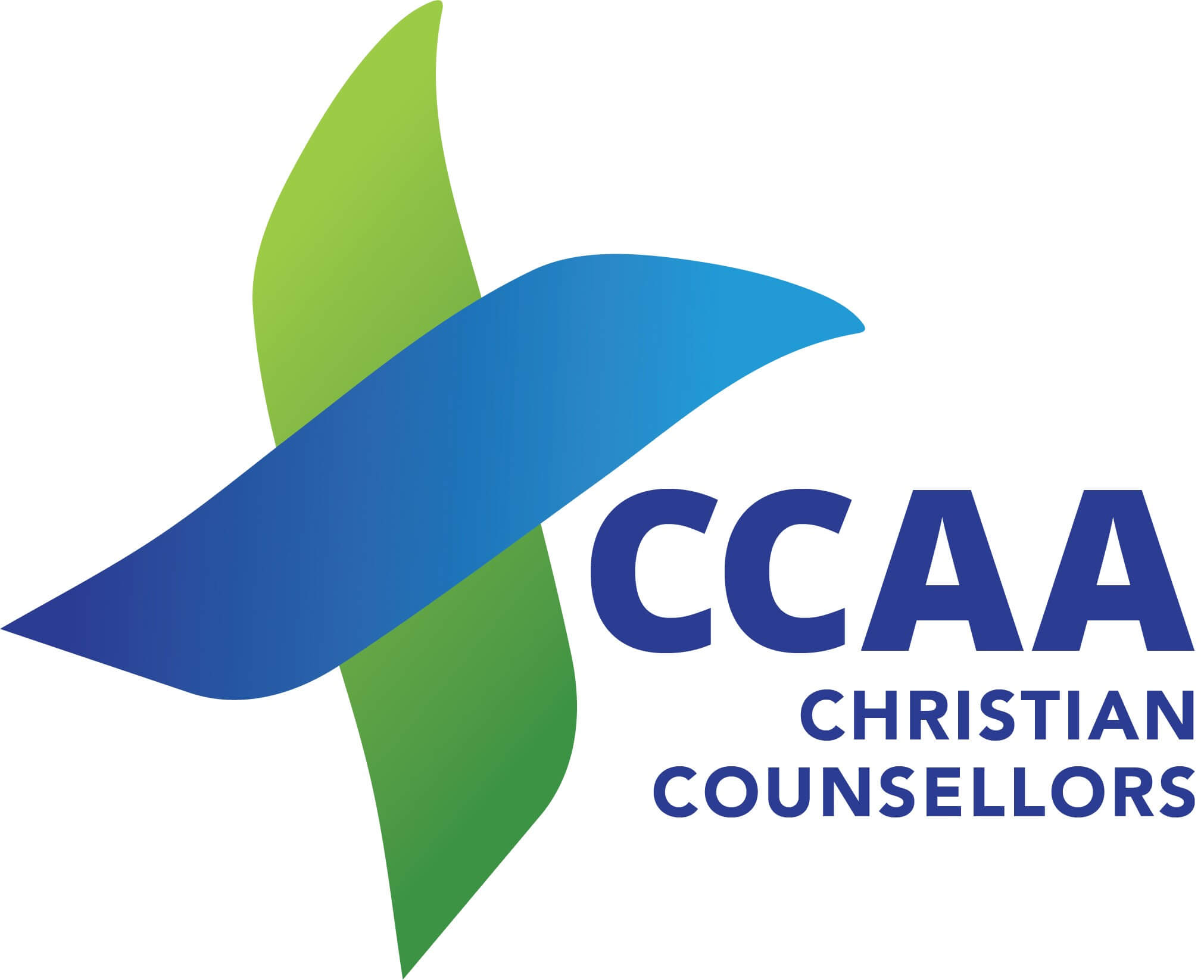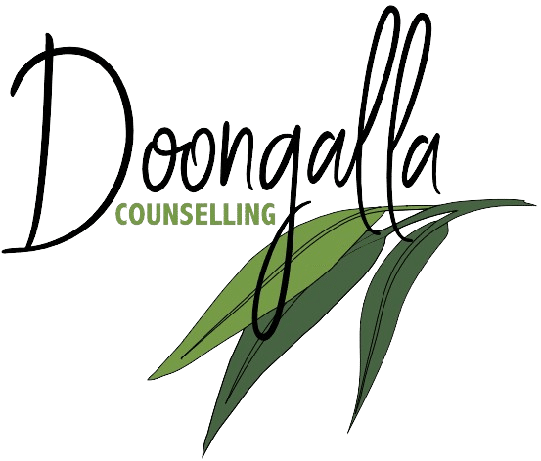Approach to Therapy
Recognising that everybody’s needs, experiences and ways of engaging are unique, Kate works collaboratively with you to find the style of therapy that is most suited to your needs and goals. In this way, Kate works from an integrative therapeutic approach, drawing from traditional counselling modalities, sensorimotor approaches, sand tray therapy and developmental trauma models.
Kate also provides psychoeducation to grow awareness of the ways our brains and bodies interact and function. These understandings help to explain why we engage in certain behaviours and what we can do to work with, rather than against, our instinctual coping mechanisms to achieve the changes we are seeking.
Psychoeducation furthermore provides the rationale behind the therapeutic exercises presented in sessions, drawing you into the process of counselling as an active, informed participant. In this way counselling is not something done “to” you, but is rather about you receiving tools to identify and utilise your internal and external resources so that you can respond to the challenges of life from a place of healing and wholeness.
Giving voice to your internal realities may not be something that has been modelled to you in your family of origin or you may not have been given the opportunity to do so. As such, counselling may feel daunting at first. However, it is important to note that while you may be challenged in certain areas, you will not be pushed beyond what you are ready to explore. Recognising that trust must be earned, Kate prioritises creating a space where you can feel heard, supported and understood. In acknowledgement that trauma disempowers a person in so many areas, it is vital for your healing that choice is offered and respected in the therapeutic process.
Recognising that everybody’s needs, experiences and ways of engaging are unique, Kate works collaboratively with you to find the style of therapy that is most suited to your needs and goals. In this way, Kate works from an integrative therapeutic approach, drawing from traditional counselling modalities, sensorimotor approaches, sand tray therapy and developmental trauma models.
Kate also provides psychoeducation to grow awareness of the ways our brains and bodies interact and function. These understandings help to explain why we engage in certain behaviours and what we can do to work with, rather than against, our instinctual coping mechanisms to achieve the changes we are seeking.
Psychoeducation furthermore provides the rationale behind the therapeutic exercises presented in sessions, drawing you into the process of counselling as an active, informed participant. In this way counselling is not something done “to” you, but is rather about you receiving tools to identify and utilise your internal and external resources so that you can respond to the challenges of life from a place of healing and wholeness.
Giving voice to your internal realities may not be something that has been modelled to you in your family of origin or you may not have been given the opportunity to do so. As such, counselling may feel daunting at first. However, it is important to note that while you may be challenged in certain areas, you will not be pushed beyond what you are ready to explore. Recognising that trust must be earned, Kate prioritises creating a space where you can feel heard, supported and understood. In acknowledgement that trauma disempowers a person in so many areas, it is vital for your healing that choice is offered and respected in the therapeutic process.

Trauma Counselling
Trauma disrupts our relationships with others, the environment around us, and most significantly ourselves. At Doongalla Counselling, Kate understands that for trauma to be processed and healed, a foundation of safety, along with the skills to access and return to it, must first be established. This approach to trauma recovery emphasises empowerment and choice of the individual, placing you at the centre of your recovery process. In this collaborative manner, Kate utilises therapeutic trauma models to help you grow towards an integrated self in healthy relationship with others and your environment.
Anxiety & Depression
Anxiety and depression are two of the most common mental illnesses, affecting an increasing number of people every year. These illnesses can be limiting and debilitating for those who experience them. Recognising that anxiety and depression involve not just cognition but also the body, Kate addresses their neurophysiological underpinnings, increasing the individual’s understandings of their experiences and providing skills for recovery and management.


Grief & Loss
While many think of grief and loss as involving the death of a loved one, the griefs and losses that we face are so much broader. You may have experienced the loss of health or a job, be navigating a major life transition, grieving an important relationship that has changed or the loss of a pet. Every loss is valid and worthy of care. At Doongalla Counselling, Kate recognises that everyone’s grief presents differently and there is no set time-frame for how long the grieving process will take. You will be supported to move through grief and come to terms with the new realities you find yourself in.
MENTAL HEALTH & WELLBEING WORKSHOPS
Community groups, schools, faith communities and businesses play a central role in people’s wellbeing. However, you may not always feel equipped to respond to the mental health needs of these communities. Doongalla Counselling can tailor presentations and interactive workshops to the needs of your organisation. Whether you’re looking for a guest speaker at your retreat or a facilitator for an engaging small group discussion, you are invited to reach out to explore how we can partner together to support the wellbeing needs of your community.

What to Expect
At your first appointment, your reasons for seeking counselling will be explored, along with identifying your goals and outlining a therapeutic plan. While some consideration of these topics may be helpful prior to attending, you don’t need to have all the answers figured out. We will explore and clarify some ways forward together. Together we will explore and clarify some ways to move forward.
Some people find talking about their experiences challenging and appreciate the variety of communication methods available including talking, writing, art, emotion cards, sand tray therapy or other appropriate means. We will work together to identify the options that might be most appropriate for you.
It is very common to feel anxious or uncertain about seeing a counsellor. You are welcome to discuss any concerns you may have with Kate so she can help you feel more at ease.
Counselling is confidential and your experiences will be met with empathy and without judgement. There are some limits to confidentiality which will be discussed in your first appointment.
If you find that these services are not a good fit for you, Kate will support you to seek the assistance that you require. There is no obligation to continue sessions at any point throughout your therapeutic journey. However, discussion about what might not be working for you may aid in finding a way through the impasse and foster further healing.
Pricing
In-person and online consultations are available
Individual 50-minute appointment = $120
An invoice will be issued at the conclusion of the appointment, payable within seven days.
Appointments that are not attended or cancelled with less than 24-hours’ notice will incur a full appointment fee.
No GP referral is needed.
Counselling services are available for individuals aged 14+.
Private Health Funds: Bupa, Medibank, HCF, AHM, ARHG (Includes St Luke’s Health, Police Health, GMHBA, Westfund, Emergency Services Health, Phoenix Health, CUA Health, AIA Health and Teachers Union Health).
Registered Worksafe provider – #CL96A
NDIS: Individuals whose funding is self-managed or plan-managed may bill their plans for counselling services with Doongalla Counselling. Doongalla Counselling is not a registered NDIS provider and therefore cannot provide services to individuals who are NDIA managed.
Reasons People May Seek Counselling
“If we can share our story with someone who responds with empathy and understanding, shame can’t survive.”






